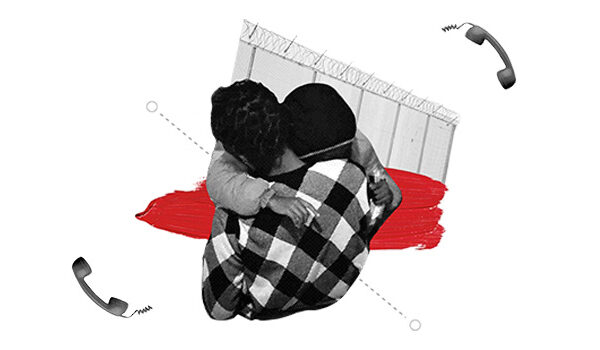Regardless of your immigration status, you have guaranteed rights under the Constitution.
Learn more here about your rights as an immigrant, and how to express them.
Disclaimer: This material is intended for educational, civic, and advocacy purposes. Nothing on this website is intended as, or should be taken as, legal advice. Even if it sounds like legal advice, it is not legal advice for your particular situation because every situation is different. If you need legal advice specific to your situation, please consult a qualified attorney.
Related Content

Nora v. Wolf - Challenging the Policy of Deporting Immigrants to One of the Most Dangerous Regions in the World to Await Their Asylum Hearings
Stay Informed
Sign up to be the first to hear about how to take action.
By completing this form, I agree to receive occasional emails per the terms of the ACLU’s privacy statement.
By completing this form, I agree to receive occasional emails per the terms of the ACLU’s privacy statement.

